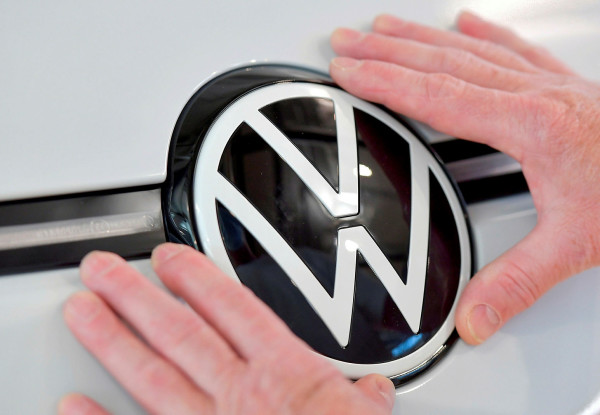

The past year will be remembered for incumbent businesses in challenged industries pivoting towards a low carbon economy, two of Liontrusts’ fund managers have said.
Storm Uru and James Dowey, co-managers of the Liontrust Global Dividend and Global Innovation funds, said that from the “ashes” of 2020 the markets had started to see a new cohort of innovative companies emerge.
“Coming into 2021, the laundry list of companies with black crosses to their name who failed to innovate over the past decade was long and extensive and tended to be concentrated in UK and Europe,” the pair said.
“While many of these companies had not covered themselves in glory before the pandemic, a small number of companies across the globe have re-imagined business models and taken on the innovator's dilemma by starting with a blank canvas – sometimes companies need to start again even if they have been leading an industry for decades – or in some cases even longer.”
One of the key issues entering the pandemic was the number of old, slow moving, incumbent leaders who had lost their way, they added.
“[They were] largely identified by bloated balance sheets, decreasing pricing power, large dividend yields and challenged end markets."
Volkswagen leads the charge
“Volkswagen is case and point; a company left for dead in 2019, trading on an average 6.5x price to earnings – essentially not expected to survive the next decade, and rightly so after the diesel emissions scandal.”
Within two years, chief executive Herbert Diess has turned the tanker and re-positioned Volkswagen as a legitimate contender against Tesla in the fight for electric vehicle supremacy, they said.
“Unlike many, we do not think the electric vehicle market will be 'winner takes it all' – Volkswagen is the first to emerge from the traditional automobile makers to challenge the going assumption that the dinosaurs of the industry are dead.”
Another firm that has re-energised its efforts to change is BP, which has made “rapid progress” under a new chief executive, Uru and Dowey said.
“With ambitious targets of 50GW of renewable energy generation by 2030 and a significant reduction in its traditional oil and gas business, BP is on track to become a modern energy provider spanning renewable energy, liquid natural gas, hydrogen, and biofuels.
This radical business model shift to become a multi-source energy provider, and the speed at which it is moving, is testament to the change that can be achieved when management are given the authority to re-imagine a business, they said.
They added: “This won’t happen overnight, but few institutions or competitors have the expertise or resources to enable the global energy infrastructure to switch from carbon intensive production to low carbon alternatives.”
sally.hickey@ft.com



